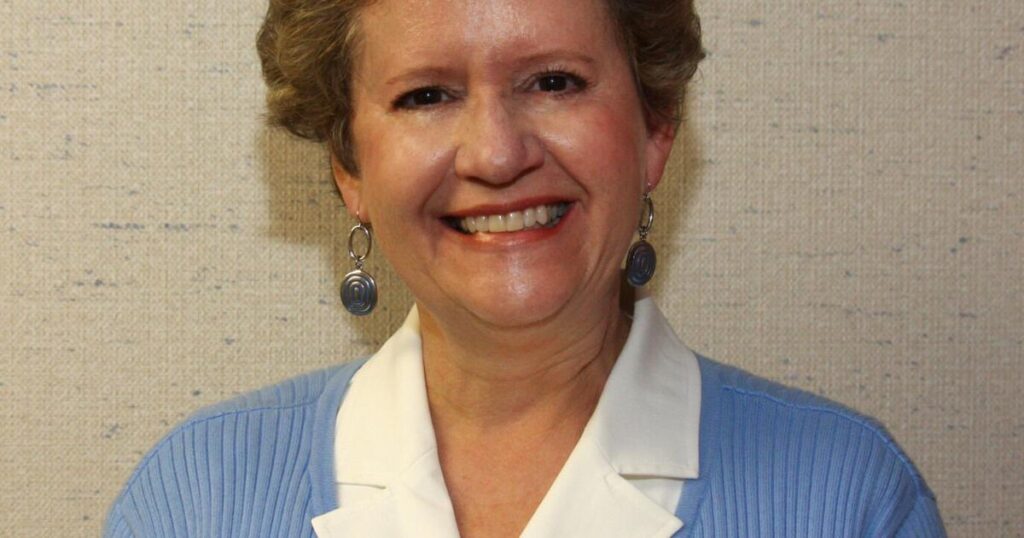My parents were part of the Greatest Generation, children during the Great Depression in the 1930s and high schoolers during World War II. They had no prom, and goods ranging from gasoline to sugar to nylon hose were rationed. When my father was drafted into the military when he turned 18 in February of his senior year, his basketball coach accompanied him to the draft board and convinced him to postpone the military service process until after graduation in May.
After basic training that summer, my father was sent to Italy, where his typing skills earned him a job at a military hospital, where he received medical training giving injections and planning meals for patients on special diets. Ta.
My parents got married soon after my father entered the military. They had been part of the team since they were in first grade and remained a team throughout their 63 years of marriage.
I grew up in a family where my father was a mechanic, and when he became a farmer, my mother helped him change his career. She drove the tractor as he planted, helped truck the harvest to the factory, and kept the nearly frozen piglets warm on the cash register at home.
They bowled together and attended baseball games from the stands on nice days and from the car on cold days, honking their horns with a cheerful “ah-ha-woo-ga” when Dad hit a home run. He was my father’s biggest fan and supported me.
On election day, they worked at polling stations as part of their patriotism.
But here was the difference.
Even though they grew up in the same small rural community, their families supported different political parties. So mom worked for her party and dad worked for his party. I remember some good-natured teasing that if either of us belonged to the “right political party,” the county roads might be roofed. And when her father ran for some local office, her mother said she really didn’t want to split the ticket to vote for her father, but she still printed his card and gave him his I was proud of my victory.
Their approaches to the activity varied. It was his mother who wrote a fierce letter to the editor of an agricultural magazine criticizing its lukewarm support for farmers. “I know you won’t print this,” she began. She signed the letter with both of their names, to the amusement of family and friends who read it at the time of publication and thought that her mother was probably the author. Everyone recognized my father’s persuasion techniques, which included a gentler approach of “compromise” and “let’s all get along.”
After my parents became senior citizens, I was talking with my mother about political contests and realized that she didn’t know about all the issues. So I gave her the candidate’s platform, but I didn’t identify her. I just asked her to review the platform and let me know her reaction. As I suspected, she did not choose a party platform. She was surprised, but intrigued, and continued to study issues related to her interests for the rest of her life.
She never left the party, but started splitting the tickets.
A few years later, as Mom and Dad were walking home after voting, Dad said, “You voted pretty early.” When she explained her vote, he asked if she voted for her party’s popular candidate, to which she replied, “No, he’s too old.” Dad said, “But I voted for him. He may be old, but he’s a good guy.”
Decades later, their electoral choices have come full circle.
Thus, they canceled each other’s votes again.
My parents have passed away, but I remember them being involved in community projects even into their old age. I study the issues and participate in the electoral process as they learn.
When considering my options, I look for reliable sources of information and contact public officials. My goal is to ask important questions and make fair and informed arguments. When I vote, I evaluate the candidate’s efforts to respond and the efforts I continue to make.
Some specific questions may be helpful.
Did you get a reaction? If so, was it helpful, supportive, condescending, personal, or canned?
I ask myself if I am willing to spend the time to continue working for the cause, and if I will be brave like my mother when trying to make an effective persuasive appeal.
And finally, I ask if I can look past the frustrations that often come with political engagement and model myself after my father. Let’s all get along. ”

